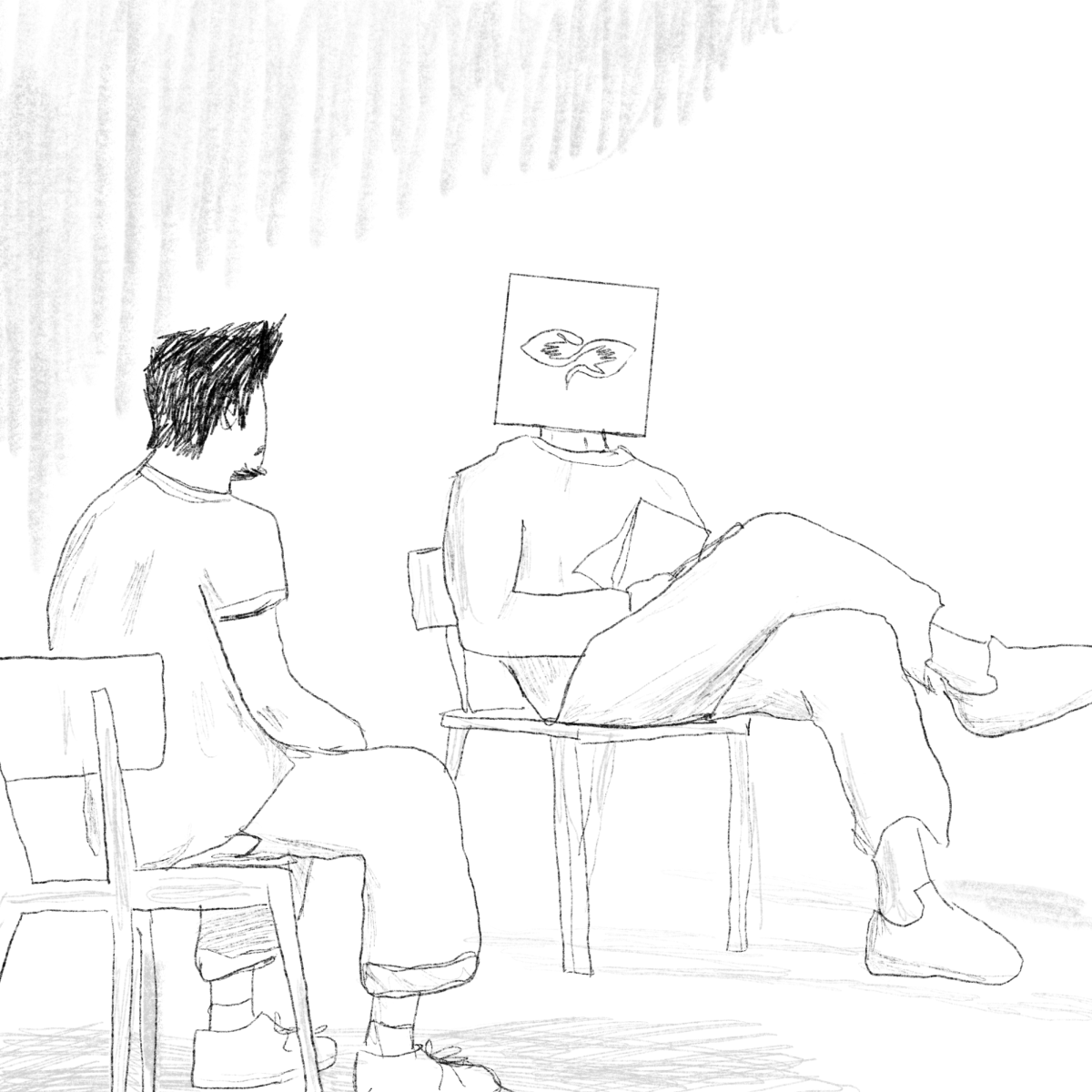On July 5, Trinity University increased the total cost of students’ parking permits to $200, more than double the initial cost of $75. There was no warning before this date, which explains why a number of students were thrown off by this new information.
In the announcement email, Trinity compared the pricing of their parking permits to those of local schools’ like University of Texas in San Antonio (UTSA) and the University of Incarnate Word (UIW). Students who attend UTSA and UIW pay a higher rate for their permits, but Trinity’s tuition is greater for attending students.
Audrey Deering, junior computer science and history double-major and sociology minor, is one of the many students who have voiced their thoughts on the sudden price increase, specifically pointing out what the university wrote in the email.
“They brought up Incarnate Word … and that made [my friends and I] all madder because I’m sure Incarnate Word’s tuition is not as large as Trinity’s,” Deering said. “We talked about that and how frustrating it was for them to compare apples to oranges. Like, we paid for this organic apple, and we can’t park on it.”
Ani Siva, junior biochemistry and molecular biology double-major, also had reservations about the recent change after reading the announcement email a few months ago. As a student who needs a car to get to and from off-campus commitments, such as work and volunteering, Siva was surprised by the new pricing and the reasoning in the email.
“If there is some nice gameplan, some action plan on how this money is being used, where it’s being used and how it would uniquely improve Trinity parking, then by all means I have no qualms with it,” Siva said. “But at the same time, there should exist some kind of ‘workaround’ … Some kind of financial leeway for students who can’t afford [the parking permit] because the students who most likely can’t afford it would also probably be the ones who need to work off-campus.”
Laura Fitzsimon, senior environmental studies and earth systems science double-major, expressed similar concerns about the $125 increase, specifically for students who may already be struggling financially.
“What about the people who can’t afford it?” Fitzsimon said. “Commuters have to park on campus and what if you can’t pay? What happens then? I don’t think it’s great for people who are having to budget so much. Because again, it’s such a huge increase that I don’t feel like a lot of people were prepared for such a jump in price.”





